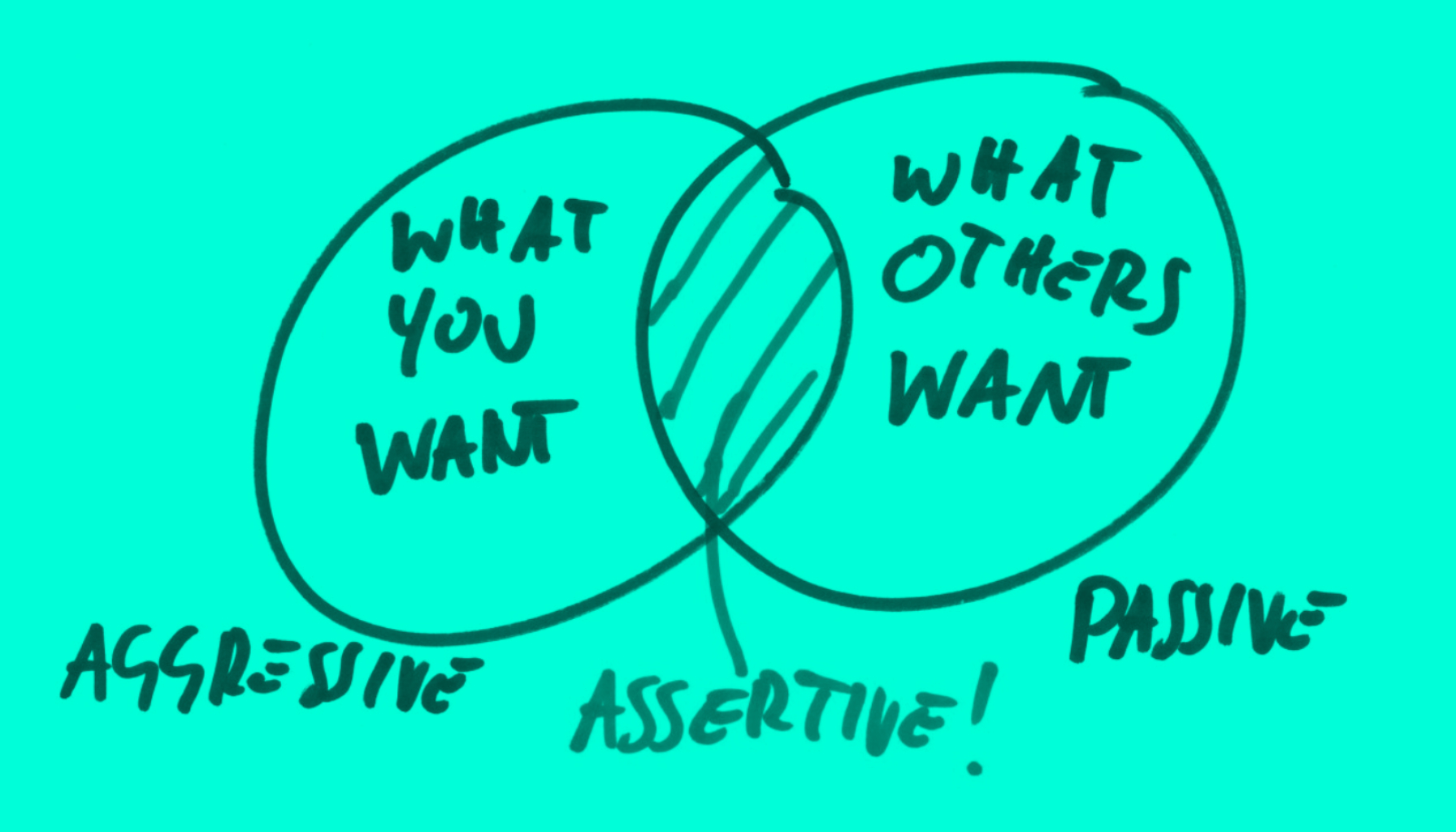
Being kind and accommodating is admirable, but when taken too far, it can hurt your financial well-being. If you struggle to say no and constantly put others ahead of yourself, you may be sacrificing your career growth, financial security, and even your peace of mind. As Warren Buffett wisely said, “The difference between successful people and really successful people is that really successful people say no to almost everything.” Here’s how being overly friendly can cost you—and what you can do about it.
1. Prioritizing Others’ Goals Over Your Own
When you always say yes to others—whether it’s extra work, financial help, or social obligations—you end up pushing your own goals to the backseat. This can lead to career stagnation, missed investment opportunities, and slower financial progress. Your dreams deserve the same importance as anyone else’s, so don’t hesitate to prioritize them. Steve Jobs once said, “Your time is limited, so don’t waste it living someone else’s life.” Ensure your actions align with your own aspirations, not just the expectations of others.
2. Financial Drain: Spending to Please Others
Generosity is great, but when it comes at the cost of your own financial security, it becomes a problem. Lavish gifts, treating friends, or helping relatives with money might seem like small gestures, but over time, they can eat into your savings. That money could have grown if invested wisely. Set boundaries on your spending and ensure your financial health comes first.
3. The Time You Give Away Is the Time You Lose
Time is just as valuable as money. When you’re constantly available for others, you take away time that could have been used for personal growth, financial planning, or simply maintaining your well-being. Without time to think and plan, your long-term goals can suffer. “You can always make more money, but you can’t make more time.” Protect your schedule and make time for what truly matters—your future.
4. The Emotional Guilt & Social Conditioning Factor
Many people struggle to say no because of guilt or societal expectations. In many cultures, especially in close-knit families, saying ‘no’ is seen as selfish. However, true generosity comes from a place of abundance, not sacrifice. If you are constantly draining yourself financially and emotionally, you won’t be in a position to help others sustainably.
If you feel guilty about setting financial or time boundaries, remind yourself that taking care of your own well-being first allows you to be more helpful to others in the long run.
Finding Balance: How to Set Boundaries Without Guilt
Learn to say no – Decline requests that don’t align with your goals.
Set financial priorities – Ensure your own investments and savings are on track before helping others.
Guard your time – Make room for self-care, skill development, and financial planning.
A Practical Action Plan
If you want to break the cycle of being overly accommodating, try this simple exercise:
Write down the last five times you spent money or time on others when you didn’t want to.
Ask yourself: Did this spending align with my goals?
Commit to saying no at least once this week and redirect that time/money toward your own future.
Conclusion
Being generous and helpful is a good thing, but not at the cost of your own financial independence. By setting boundaries and focusing on your own growth, you can build wealth while still being there for others—on your own terms. Financial freedom isn’t selfish; it’s what allows you to support both yourself and your loved ones in a sustainable way.
Join Our Mailing List
Once Weekly Webinar
Free Webinar Once Per Week
Our free webinar runs once per week and is available to anybody who wants to know more about getting started on the road to financial freedom.